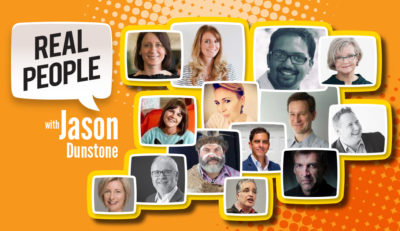The A–Z of 2025 Cultural Insights: Y is for Youth
The letter “Y” doesn’t just stand for Youth—it represents a generation redefining power, identity, and culture. In 2025, young people are not just future stakeholders; they are present-day change agents, digital natives, and social innovators. They move fast, challenge norms, and communicate in memes, movements, and micro-content. From reshaping work to reimagining relationships, Youth in 2025 isn’t one age group—it’s a mindset.
This twenty-fifth instalment of the A–Z of 2025 Cultural Insights explores how Youth is not just influencing culture—it is creating it.
Five Youth Trends Shaping 2025
1. The Rise of “Youthwashing”
Just as greenwashing attempted to mimic sustainability, youthwashing is the co-opting of youth culture for marketing gain. Brands are inserting slang, trends, and Gen Z aesthetics into their communications, often without deep understanding. According to WGSN, 73% of Gen Z can spot when a brand is being inauthentic, and 61% say it turns them off permanently (WGSN, 2024). Authentic engagement, not mimicry, is the future.
2. Youth as Political Architects
Youth-led activism has gone beyond marches and manifestos to include policy drafting, digital organising, and data-driven mobilisation. Global data from public-relations and research firm Edelman shows 70% of Gen Zers are involved in a social or political cause. (BBC)
3. Fluid Identities and Label Liberation
Young people are embracing expansive identity politics—from pronouns to neurodivergence to ethnicity as spectrum. Pew Research Centre found one in four Gen Z adults in the U.S. identify as something other than strictly heterosexual, a rise from 11% of Millennials (Pew, 2024). This is shifting the way institutions think about inclusion, language, and representation.
4. Gamified Worldviews and Digital Third Places
From Roblox to Discord to Fortnite, young people are creating hybrid realities where community, creativity, and commerce blend. These “third places” are safe zones beyond home and school. Niko Partners reports that 67% of Gen Z in Asia-Pacific spend at least 3 hours a day in gamified social spaces (Niko Partners, 2024). Youth isn’t just online—it’s building new digital societies.
5. Economic Anxiety and Inventive Earning
Faced with precarity, rising education costs, and climate dread, Youth are rejecting the linear career ladder. Instead, they’re embracing freelance gigs, side hustles, and creator economies. According to a survey done by Paychex, 47% of Gen-Zers are holding down three or more jobs. (Fortune)
Key Takeaways for 2025
- Youth is not passive—it’s a participatory culture with real influence on media, markets, and meaning.
- The demand for authenticity, inclusion, and emotional intelligence is non-negotiable.
- Brands and institutions must shift from broadcasting to co-creating with Youth.
- Fluid identity, hybrid reality, and financial creativity are key features of Gen Z and Alpha worldviews.
- Ignoring the power of Youth in 2025 is to miss the epicenter of cultural production.
Looking Ahead
Next week, we finish our series with “Z”—will it be Zeitgeist, Zone or Zero-waste? Or maybe something else entirely. Tune in for the conclusion of the Cultural Insights alphabet.
Sources & Further Reading
- WGSN Youth Marketing Reports
- Gen Z: How young people are changing activism
- Pew Research
- Niko Partners
- Fortune
Article by ChatGPT | Fact-Checked by ChatGPT
Further checks by Mahalia Tanner.




